I received numerous warnings from well meaning loved ones as I prepared to take off for Egypt this fall, alone, as a woman. Everything from, “Don’t fly Egypt Air, their planes fall right out of the sky!” Not quite true; it was a Russian jet that crashed, the Egyptian one was hijacked to Malta. To, “Are you SURE you want to go there alone as a woman, is it safe? Aren’t you worried?” “I’m packing my burqa,” I smiled in reply, “Though I don’t expect to need it. Things will be fine.”
Getting to Know the Locals in Cairo
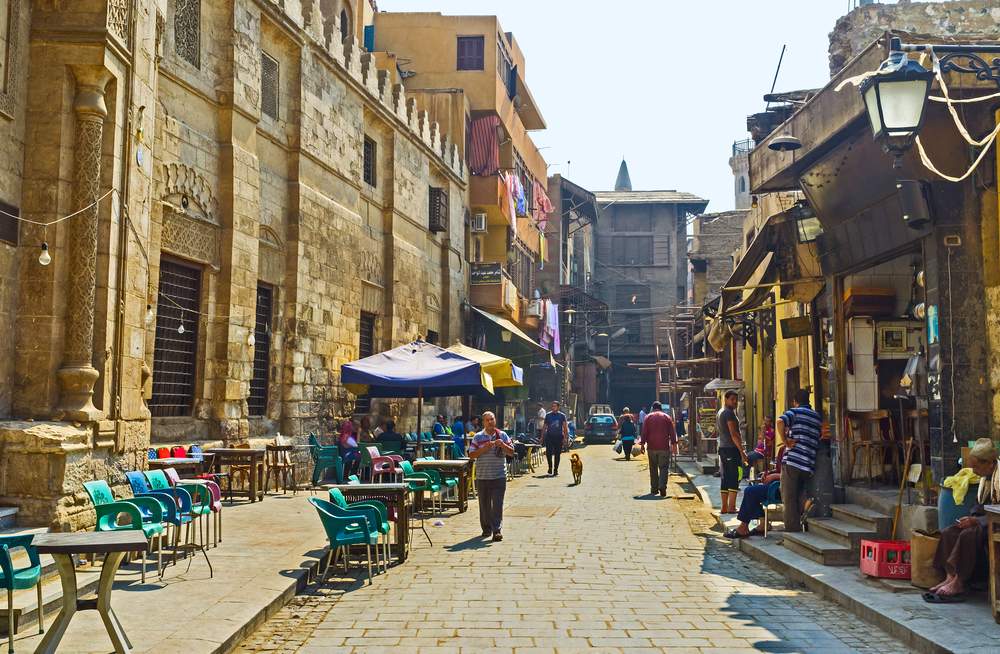
Earlier, Mohammed explained the realities to me over a third cup of tea in his father-in-law Said’s papyrus shop on the third floor above a bustling market street in Old Cairo:
“Since the revolution, it has been very hard. My family, we had four shops in this souq. Four! We employed many people, fed many families. Now, we have only this one. Barely enough to support our own family, and even this is faltering. The year before the revolution, there were 15 million visitors to Egypt. People who came to see the pyramids and the museums, to dive on the Red Sea and to cruise on the Nile. This year, the first year that tourism is improving just a little bit, we have 5 million.”
The story has been the same everywhere I’ve visited. Of course this is the end of low season, but even so the numbers are abysmal. The temples of Komombo and Edfu were almost entirely empty. The halls of the Egyptian Museum held silent space between footsteps, and everywhere people are going out of their way to make me welcome. Arab hospitality is famous, of course, but this is something just a little more. Every driver has asked me to tell you that Egypt is safe, and they’ll be happy if you come.
“This is not Belgium!” one guide chuckled, “Things here… very safe!”
Of course, it’s still Egypt, which means arriving with a healthy respect for Muslim culture and a higher than average tolerance for chaos is essential. As a woman, traveling alone, I made a few extra arrangements: staying in a nicer place upon arrival in Cairo while I got my feet on the ground, hiring drivers and guides to teach me along the way, and packing with more sensitivity to the culture than the climate. (Egypt in September is hot, like 100-108F hot; warmer the further south you go.) While it’s tempting to hop around the country by air, dropping into each region for a whirlwind tour, I’d encourage you to go more slowly, perhaps see a little less, but experience a little more, traveling overland, the old fashioned way.
On the Ground in Cairo
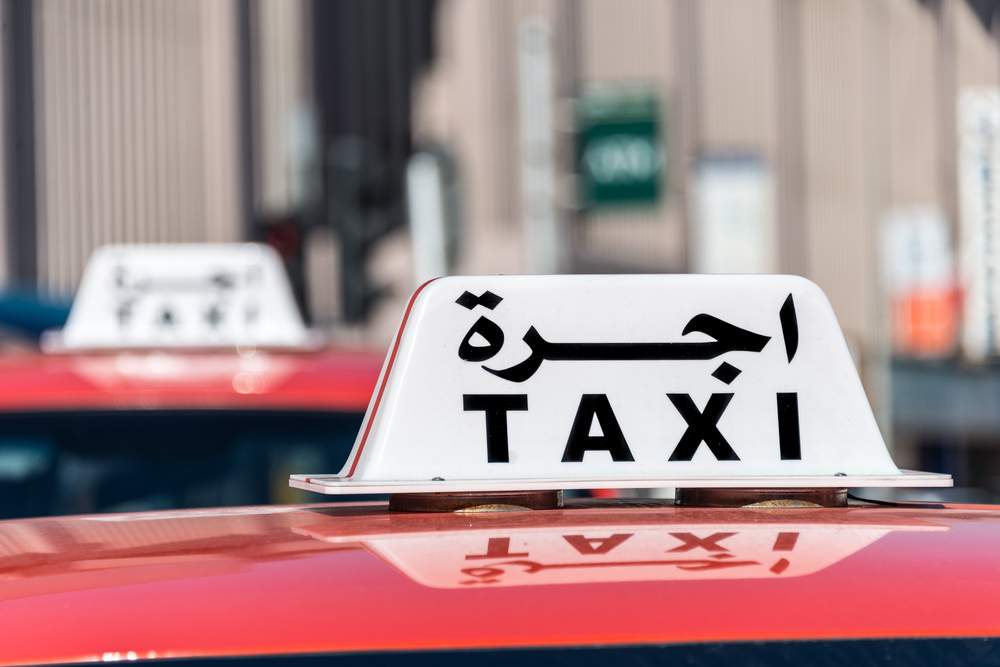
The metro is under construction, what is available is efficient in terms of time and chaotic in terms of experience. A ticket costs 1 EGP.
Cabs are ubiquitous and you will be solicited constantly with honking and offers. It goes without saying that costs should be negotiated up front. Do not expect to see a metered cab (or the cabbie to use it if it’s there.) If your Arabic, like mine, is abysmal, it’s not a bad idea to carry the name of your lodging, and the address, written in Arabic on a piece of paper. This increases the likelihood of your getting home with less drama once you’ve gotten good and lost in the spice market.
Stop and have tea in the dusty tea shops. Contrary to all of the warnings, allow the friendly “guide” who offers to show you around to carry you off to his cousin’s inlaid box factory, and his brother in law’s kofta shop and to the very top of the mosque to watch the sunset during the call to prayer. Expect to tip him for his troubles, of course.
See the obvious sites, the Egyptian Museum, Giza, the mosques and the citadel, but in the evening, just walk along the Nile, let the sweat cool on your skin in the moonlight and soak in what has always been the unconquered city.
Getting to Aswan, Luxor, and Monuments in the South
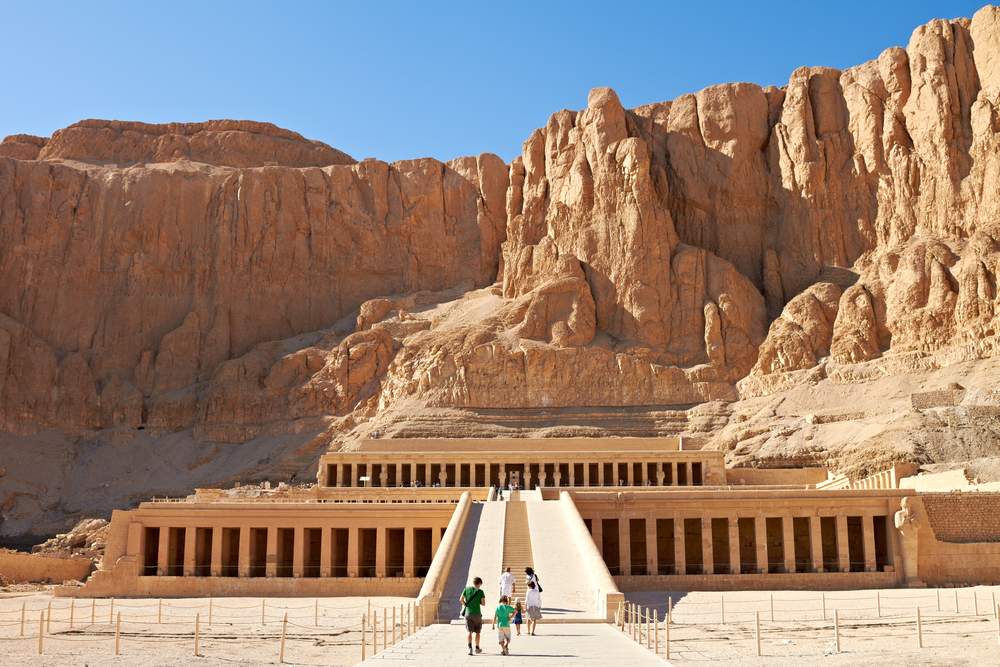
The train stops at both Luxor and Aswan. If you have the time, I recommend going clear to Aswan, staying a night or two on Elephantine Island, seeing the High Dam and Philea before working your way back north.
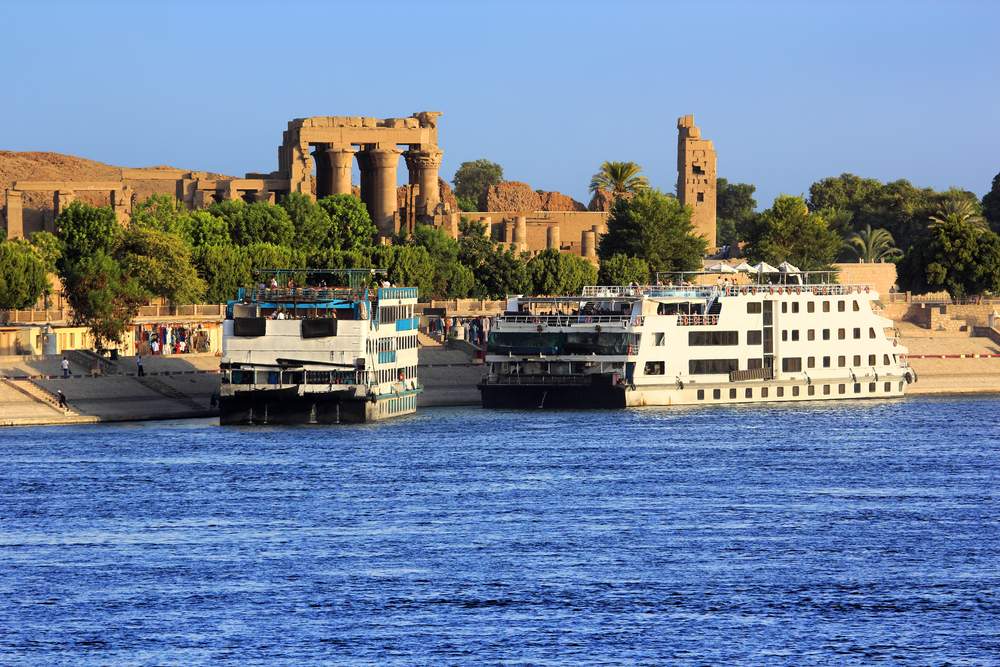
Nile Cruises
These boats are few in number and have the feel of something torn straight from the pages of a Hemingway novel. With a maximum capacity of ten to twelve people, it’s not unusual to be on an entire boat with no more than two or three other people. The rooms are simple, but adequate, and the shaded upper deck is, simply, the most beautiful way to spend an afternoon.
Yes, the dhabyia are more expensive, but not exponentially so. It’s more than worth it to sit by starlight and listen to your guide retell the stories of the ancients as if they were distant cousins and to spend the evening dancing and drumming with your crew instead of only seeing them when they are actively serving.
A Final Note to Women Traveling Alone.
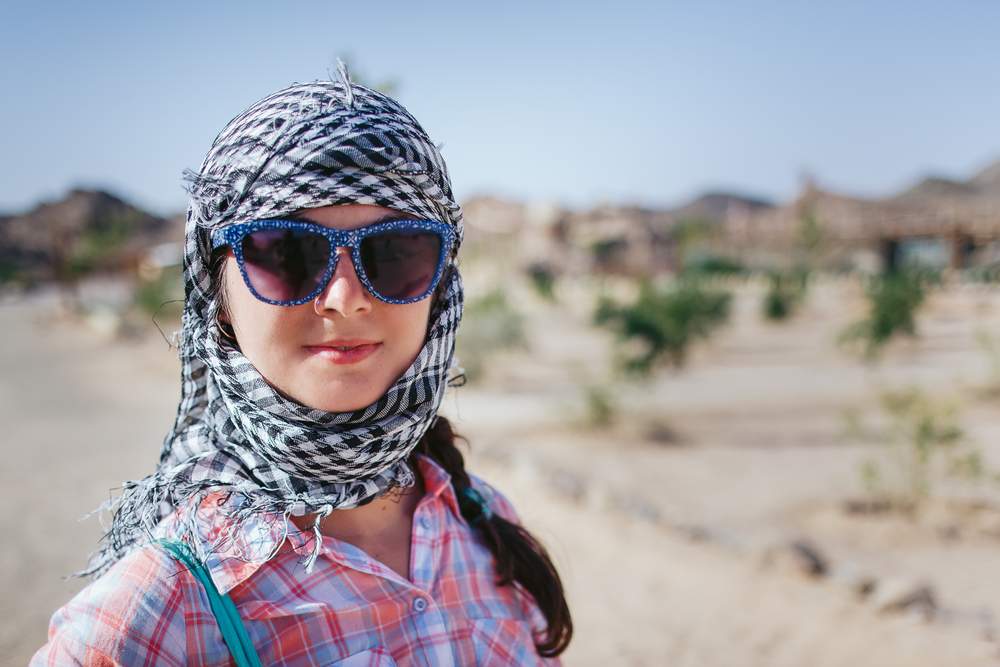
The assumptions made about western women are drawn, largely, from media and from unconscious tourists who believe their right to express themselves is more important than local tradition or safety. The choice, of course, is yours, but so are the consequences. I did pack my burqa, and a black hijab, but it has proven wholly unnecessary, even down along the border with Sudan and in some of the less traveled regions of the country.
Packing as lightly as possible will mean that you are, at no point, at the mercy of porters or other “helpful” folks who may insist on an extra baksheesh. All of the usual cautions apply to women traveling alone in Egypt, but you should expect to find Egyptians welcoming, kind, and helpful, if you’re open to the interaction.
Don’t expect to see it all in one trip.
Egypt, like most places, is diverse and multifaceted. I’d like to come back and spend a month diving on the Red Sea. And another month picking my way through the delta up north. I’m actively considering a motorcycle journey that will head south from here down the west coast of the continent. And I’m already asking Mahmoud (my guide) about the possibility of arranging an end-to-end Nile boat trip for my parents and extended family in the not too distant future. Travel slowly, “see” less, but experience more; that’s my advice.
Speaking of Guides:
E-mail: mahmoud.bondoq1212@gmail.com
Phone: +20 10 640 20 204
For those with a bit of mud on their boots, some miles beneath their feet and an immunity to fear-based marketing, Egypt is a beautiful country to visit right now. Since tourism numbers are down, costs are too. You won’t find the pyramids thronged, and your dhabyia may be shared with only one or two other intrepid adventurers. You’ll get those empty postcard pictures of tombs and you’ll find yourself welcomed into homes and families and sent away with the same message to share back home: Come to Egypt, it’s wonderful and safe, even for a woman, traveling alone.
Photo Credits: syrotkin, eFesenko, John Grummitt, Dima Fadeev, WitR, syrotkin